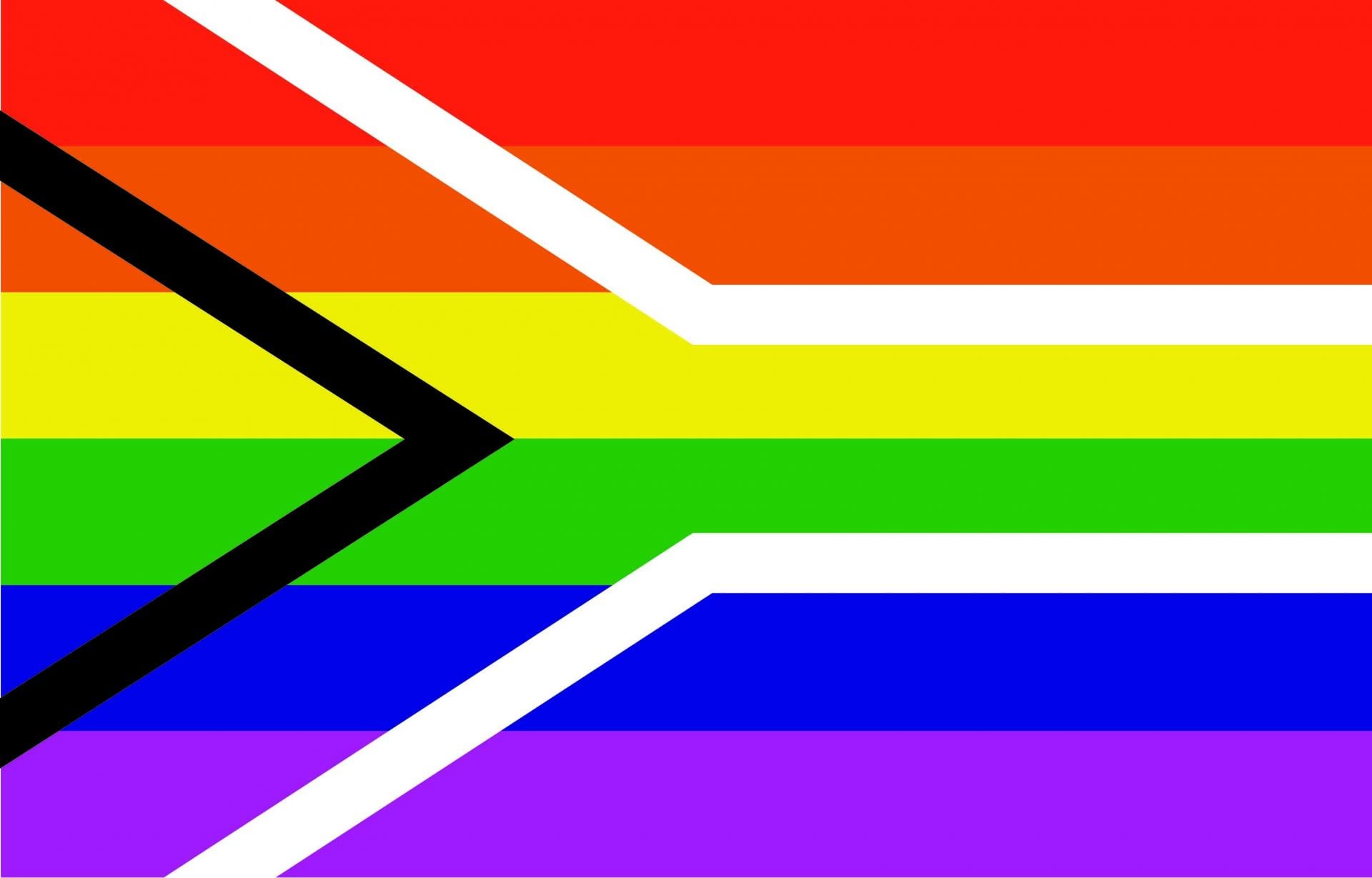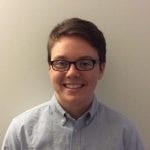By Riley Smith
I first became interested in the topic of lesbian, gay, bisexual, and transgender (LGBT) health care disparities while working as a research assistant with the IMPACT Program at Northwestern University’s Feinberg School of Medicine, where the health and development of young LGBT people living in Chicago is studied. During my junior year I had the opportunity to further pursue this topic through an independent research project in Stellenbosch, a town just outside of Cape Town in South Africa.
Although South Africa has one of the world’s more progressive constitutions which legally protects LGBT people from discrimination, current research indicates that they still face discrimination and homophobia in many different facets of life (Epprecht, 2010; Tallis, 2009). Significantly little is actually known about LGBT women’s health in South Africa, but researchers speculate that LGBT women might face unique challenges in healthcare due to their double marginalization as women and as sexual minorities (Tallis, 2009). By better understanding the difficulties LGBT women face when accessing healthcare or sexual health information or when ‘coming out’ to healthcare providers, public health efforts might be better equipped to provide meaningful and affirming services to these women.
Participants for the study were recruited through their involvement with LGBT student groups at two universities in the greater Cape Town area and through Triangle Project, a non-profit organization that serves LGBT communities in low-income townships surrounding Cape Town. In total, 23 interviews were conducted: eight with women living in townships, 14 with university students, and one with a medical doctor who serves the LGBT community. All of the women interviewed were cisgender and during the interview process self-identified as either lesbian or bisexual (LB), as indicated in the quoted excerpts below. The recruitment sites were chosen because they provided a racially and socioeconomically diverse cohort of women who identified as lesbian or bisexual and were accessible within the short time frame of this exploratory study. Additionally, hate crimes against LGBT persons are prevalent in many township communities, so recruiting from these sites with the help of Triangle Project greatly contributed to the diversity of experiences captured in the interviews.
One notable finding of the study was the profound difference between the experiences of women accessing public versus private healthcare. The South African healthcare system remains very polarized, with eighty percent of the population using free public facilities that are often dilapidated and under-resourced, while the privileged minority uses top-notch private care (The Lancet, 2009). I had the opportunity to tour and interact with doctors, nurses, and patients at a few public clinics as well as at a private hospital, and the contrast between the two was astounding. For example, one public hospital I visited could only afford to provide radiology and laboratory testing for a few hours each day, so most diagnoses had to be determined without the assistance of such tools.
Almost all of the LB interviewees who used public care felt that the government healthcare system was generally unfriendly towards them. Even if they had not directly experienced homophobia in a clinical setting, most feared that if they disclosed their orientation to public healthcare providers they would face homophobia and/or insensitivity. This could negatively impact healthcare seeking behavior, as some participants in the interview said they avoided getting healthcare because they were afraid of being discriminated against or judged negatively. Furthermore, most women living in the townships that access public healthcare only attend the clinic in their community, as transportation to another facility would be expensive and time consuming. With limited access to healthcare locations, the LB women interviewed felt disempowered from speaking out against homophobic discrimination because doing so would leave them potentially ostracized by their communities and without healthcare options. As one participant described:
“Even if you feel sick, just, you want to go to the [public] clinic but you don’t because you know that there’s this person who’s gonna hurt you, that you are not going to be happy. So, I prefer to buy a cough syrup in the shop… But, if you don’t have the money you will cough until I don’t know.” – Mkhulu, age 32, LGBT community
In contrast, most women interviewed who used private care felt that they would be comfortable ‘coming out’ in a situation when it was “medically relevant,” which was almost exclusively described as pertaining only to topics involving sexual health. These women felt that because they were paying “clients” in private facilities, they were better positioned to negotiate the quality of care they received and to “take their business elsewhere” if they were dissatisfied with their treatment in a certain facility. This disparity between the agency of patients in private and public facilities highlights some of the issues related to the intersectionality of race, class, and sexuality in terms of understanding LGBT people’s access to healthcare.
Despite these differences of experience, all of the women interviewed felt that sexual health information relevant to them was generally unavailable in both private and public healthcare settings. The women felt that healthcare professionals are not educated on LGBT health or sexuality, and that they would be unable to answer sexual health questions regarding same-sex sex. This has caused some LGBT women to feel unwelcome in clinics or other healthcare settings where they feel that their needs are being neglected.
“You can’t find that information about safe sex that caters to bisexual or to lesbian women… It’s not even in the posters that you see in clinics… It makes it hard for people to understand that we do get sick.” – Kiki, age 22, lesbian
In light of all these challenges, the women interviewed offered numerous suggestions such as educating healthcare providers on LGBT issues, providing more comprehensive safe-sex information in clinics and schools, and having more LGBT-identified healthcare providers. For example, some women felt that if healthcare facilities provided brochures that specifically addressed the sexual health of LGBT persons, they would feel more welcomed and comfortable discussing their sexuality with the healthcare provider.
Undertaking this research project proved to be a difficult but incredible experience that significantly contributed to my understanding of the challenges that LB women face and the impact of the intersection of class, race, gender, and sexuality in this context. It is my hope that the findings from my study will contribute to a more thorough understanding of the healthcare experiences of lesbian and bisexual women in Cape Town and help inform more meaningful and affirming public health interventions. The contrast between women’s experiences in public versus private care, the practical challenges of advocating for more inclusive healthcare when one is effectively limited to and reliant upon a single community clinic, and the widely shared perspective that sexual health information for LB women is inaccessible, offers perspective on some of the challenges that South African LB women face when accessing healthcare services. Understanding these women’s experiences and considering their suggestions for how to improve healthcare provisions for LGBT persons is important when planning and implementing public health interventions.
I am incredibly grateful to International Program Development at Northwestern for their generosity in funding this project. My experiences conducting research in Cape Town, talking to diverse groups of women and hearing their stories firsthand has been a tremendous experience as an undergraduate. I hope to continue working on and learning more about LGBT health issues at home and abroad.
References:
Epprecht, Marc. 2012. “Sexual minorities, human rights, and public health strategies in Africa.” African Affairs, 111:223-43
The Lancet South Africa Series Executive Summary Core group. 2009. Writers Lawn JE, Kinney MV. “The Lancet Health in South Africa: Executive Summary for the Series.” The Lancet.
Tallis, Vicci. 2009. “Health for all? Health needs and issues for women who have sex with women.” From Social Silence to Social Science: Same-sex Sexuality, HIV & AIDS and Gender in South Africa: Conference Proceedings.
About the Author
Riley Smith graduated from Northwestern in 2014, where he studied Gender and Sexuality Studies and Global Health. He is currently a first year medical student at The Ohio State University College of Medicine. His research interests include understanding and addressing the significant health disparities faced by LGBT individuals and advocating for increased medical education on these issues.


